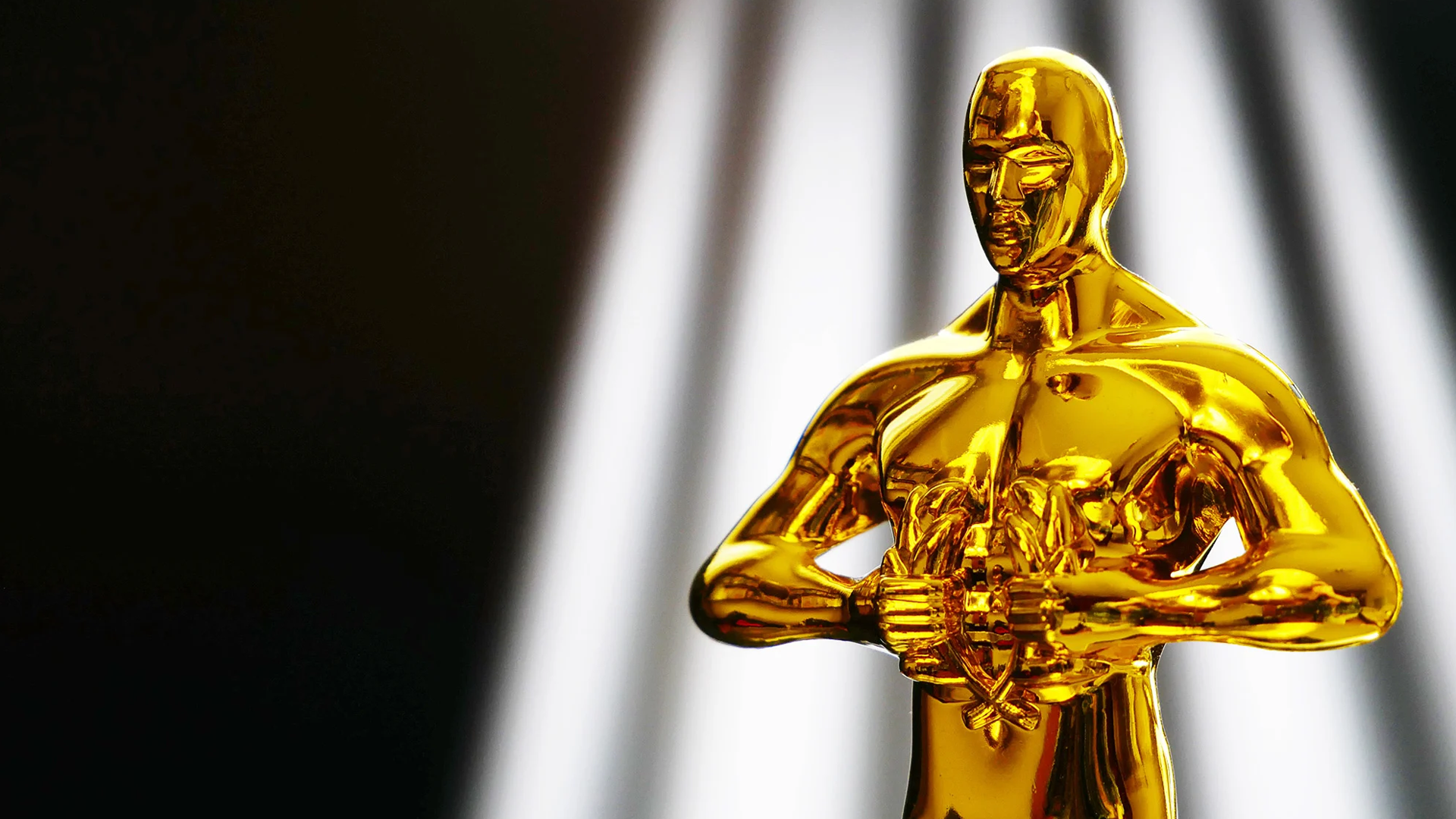No Black actors were nominated for leading categories this year. Once again, they deserved better.
When the 2022 Oscar nominations were announced, Black actors and directors ruled the roost. It was a comforting – and deserved – outcome after years of ‘#oscarssowhite’ protest, a nod to the academy’s consistent failings in diversity and inclusion.
But this year, it seems that this positive shift was only a phase. Despite a slew of Black performers and filmmakers getting Oscar nods in 2023, there have been no Black individuals nominated in leading categories.
Amongst the biggest snubs were Viola Davis – whose leading role in Woman King was expected to pick up a Lead Actress nomination – and Danielle Deadwyler’s breakthrough role in ‘Till’.
Despite a nomination for Angela Bassett in Actress in Supporting Role, blockbuster hit Black Panther went unrecognised for Best Picture.
Along with a lack of Black actors in leading categories, this year’s Oscars had another notable absence; women directors. And specifically Black women.
Sarah Polley (dir. ‘Women Talking’), Gina Prince-Bythewood (dir. ‘The Woman King’), Maria Schrader (dir. ‘She Said), and Charlotte Wells (dir. ‘Aftersun’) were all frontrunners in the best director line-up. Yet not one received a nomination.
But it isn’t all doom and gloom. 2023 has been an incredible year for Asian-American representation, with ‘Everything Everywhere All at Once’ receiving 11 nominations. This includes Michelle Yeoh’s nod for Best Actress in a Leading Role.
In fact, ‘Everything Everywhere’ has led the pack of this year’s nominations, and done so with an almost entirely Asian-American main cast.
But despite their successes, Black actors and directors have – once again – been given the short end of the stick.
Following the nominations, Women in Film – a Los Angeles-based organisation supporting female representation in the industry – called out the Academy for omitting women filmmakers.
‘Once again, Academy voters have shown that they don’t value women’s voices, shutting us out of the Best Director nominations’.




















